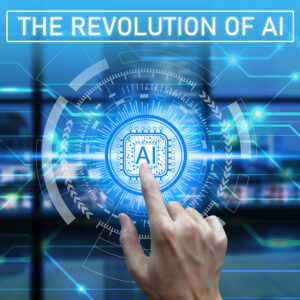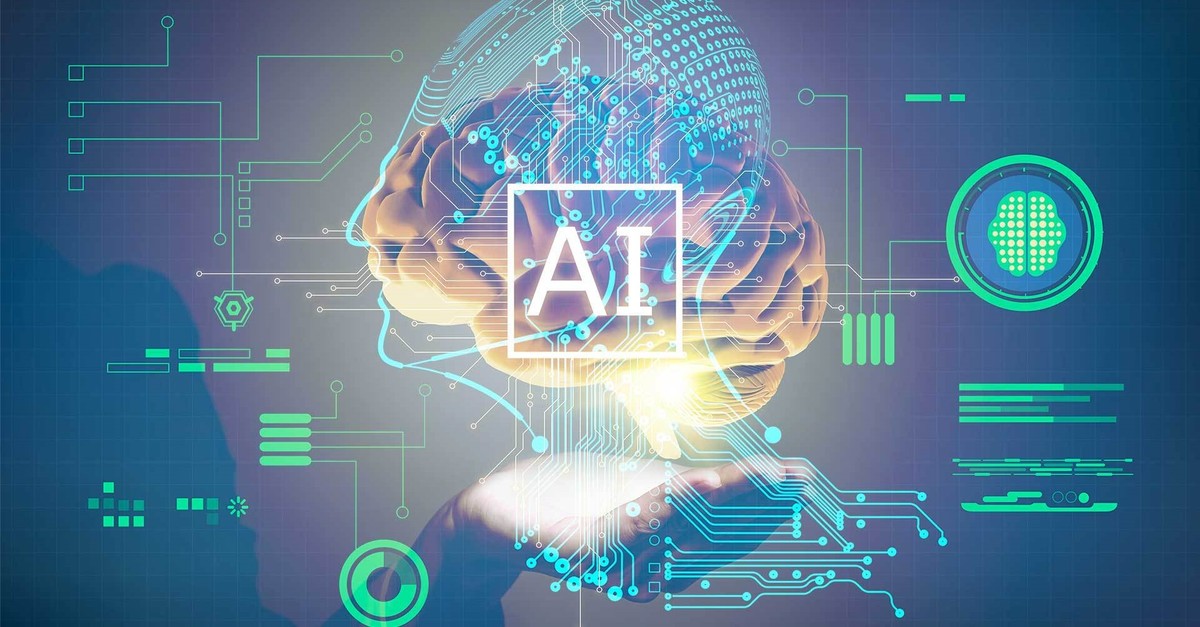Artificial Intelligence (AI) has swiftly transformed from a futuristic concept to a practical reality that permeates our daily lives.

Artificial Intelligence (AI) has swiftly transformed from a futuristic concept to a practical reality that permeates our daily lives. As this cutting-edge technology advances, it becomes increasingly integrated into various aspects of our routines, enhancing convenience, efficiency, and even safety. In this blog post, we’ll delve into some of the fascinating and practical applications of AI that have become an indispensable part of our everyday existence.
1. Virtual Personal Assistants:
One of the most common applications of AI in daily life is virtual personal assistants. These intelligent companions, like Siri, Google Assistant, or Amazon’s Alexa, are programmed to understand and respond to voice commands. They can set reminders, answer questions, play music, control smart home devices, and even order groceries—all at our vocal beck and call. By analyzing user patterns and preferences, they continuously improve their performance, making them an indispensable part of modern households.
2. Social Media and Content Recommendations:
AI algorithms have revolutionized the way we engage with social media platforms and consume online content. Platforms like Facebook, Instagram, and YouTube employ AI to analyze user behavior and preferences. This analysis enables these platforms to curate personalized news feeds, recommend relevant content, and suggest connections with like-minded individuals. As a result, users enjoy a more tailored and engaging experience.
3. Navigation and Traffic Optimization:
Navigating through traffic-congested cities has become significantly easier, thanks to AI-powered navigation apps like Google Maps and Waze. By processing real-time data from millions of users, these apps offer accurate traffic predictions and alternative routes to help us reach our destinations faster. They consider factors such as accidents, road closures, and even real-time user feedback to provide the most efficient routes, saving us time and reducing stress.
4. Smart Home Devices:
AI-driven smart home devices have transformed the way we interact with our living spaces. From smart thermostats that learn our temperature preferences to smart lighting systems that adjust brightness based on natural light levels, these devices enhance comfort while optimizing energy consumption. AI also enables integration with voice assistants, enabling users to control appliances, security systems, and entertainment devices with simple voice commands.
5. Online Shopping and Personalized Recommendations:
E-commerce platforms leverage AI algorithms to analyze user behavior, purchase history, and browsing patterns to offer personalized product recommendations. Whether it’s suggesting items similar to ones we’ve purchased before or showing us deals tailored to our interests, AI enhances our shopping experiences and helps us discover products we might genuinely be interested in.
6. Healthcare Diagnostics and Treatment:
In the field of healthcare, AI is revolutionizing diagnostics and treatment options. Medical professionals use AI algorithms to analyze vast amounts of patient data and medical literature to aid in diagnosing diseases, identifying patterns, and recommending personalized treatment plans. Additionally, AI-powered wearable devices continuously monitor health indicators, empowering individuals to proactively manage their well-being.
7. Language Translation and Communication:
AI-powered language translation tools have bridged linguistic barriers, enabling seamless communication between people who speak different languages. These tools, like Google Translate, employ machine learning algorithms to provide real-time translation, fostering global connections and facilitating cross-cultural exchanges.
Conclusion:
The integration of Artificial Intelligence into our daily lives has brought about a multitude of benefits, ranging from increased efficiency to improved personalization and safety. As AI technology continues to evolve, its applications will likely expand even further, transforming the way we interact with the world around us. While embracing these innovations, it’s crucial to strike a balance between the convenience they offer and the ethical considerations that come with the responsible use of AI. By doing so, we can harness the full potential of AI to create a brighter and more technologically advanced future.


